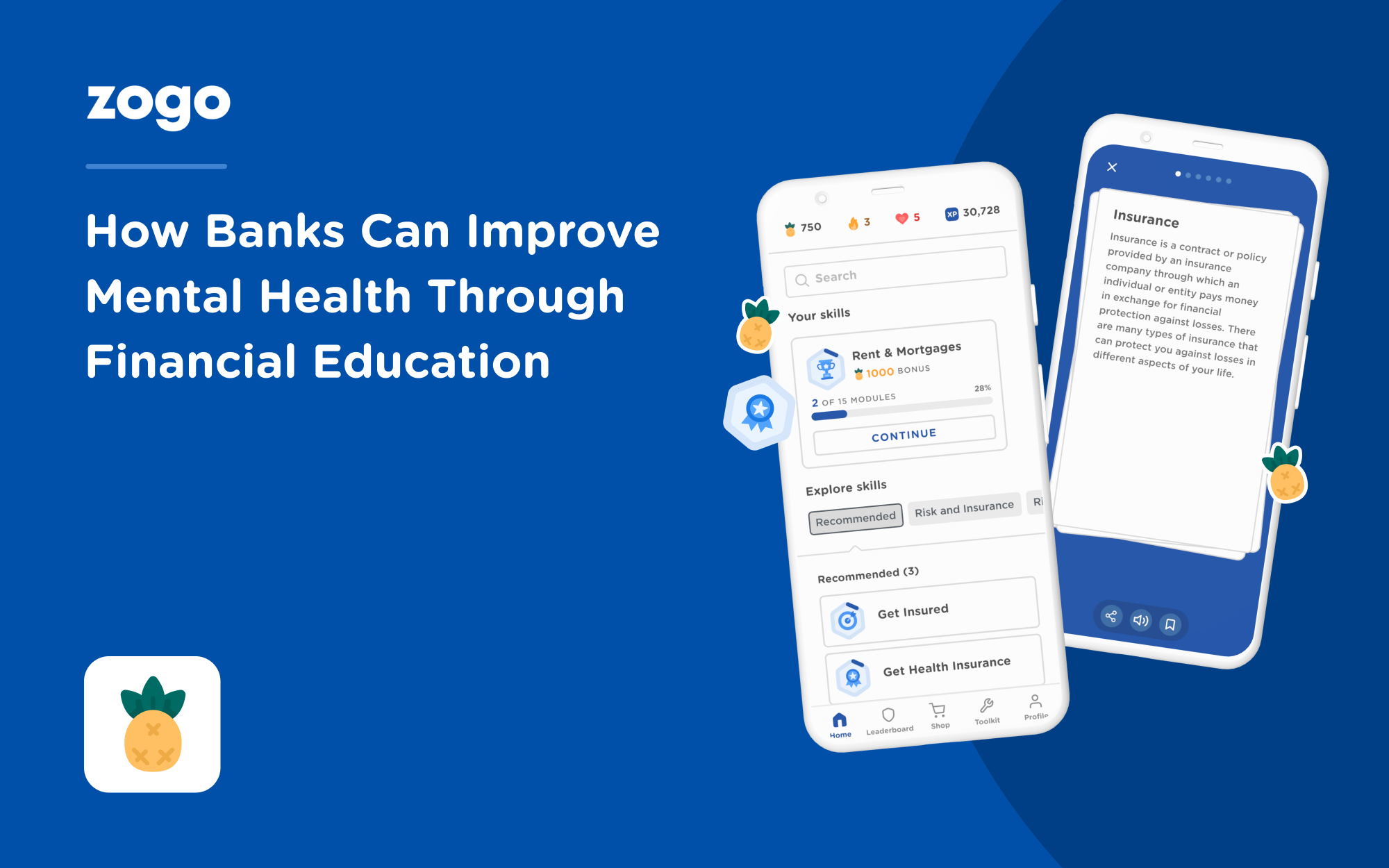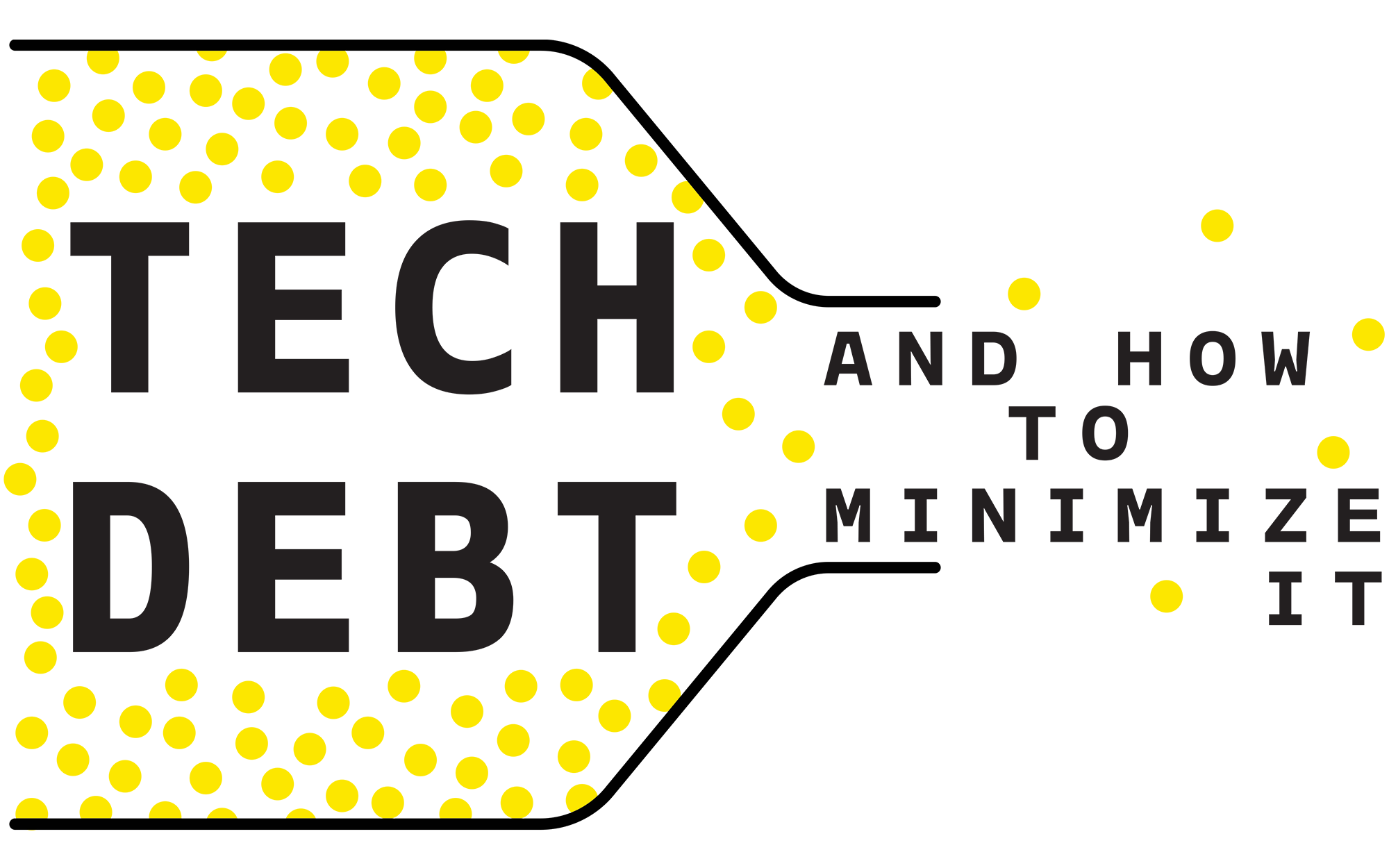With more than 77% of Americans experiencing financial anxiety, it’s undeniable that Americans' mental health is impacted by finances. Financial education and mental health are closely connected, and it’s crucial to understand their intersection when exploring how your bank can make a positive impact on your community.
The link between financial wellness and mental health runs deep. According to the Money and Mental Health Policy Institute, 86% of people with mental health issues say that debt worsens their mental health. When people do not have the tools they need to build a healthy financial foundation, both their finances and mental health suffer. Banks have a unique opportunity to use financial education to help account holders alleviate anxieties and make strides toward greater financial well-being. Financial education from banks like yours empowers account holders to free themselves from a cycle of financial difficulties and anxiety.
Current events can contribute to financial stress, such as rapid inflation and the continued layoffs that may be signaling an imminent recession. But there’s a greater underlying factor of increased financial stress: a lack of financial literacy. This lack of education has been linked to high financial anxiety, which can be a major barrier to achieving financial wellness. Generally, Americans across generations have low levels of financial literacy. TIAA’s annual P-FIN Index report (which measures individuals’ financial literacy rates based on a survey covering several areas of financial skills) found that the majority of participants from Gen X, Millennials, and Gen Z were only able to correctly answer less than half of the questions. This points to a generational decline in financial literacy, which folds into the reasons why younger generations are facing financial anxiety and mental health issues at alarming rates.
Banks have the opportunity to connect account holders to the financial education they need. While offering financial education is the first step, we must remember not all education is created equal. When looking at financial education programs, it’s important to find one that maximizes education for learners. When account holders learn efficiently and effectively, they can begin to implement their newfound knowledge in their everyday lives and improve their financial situation. And that’s the ultimate goal: using financial education as a means to improve financial stress, and overall mental health.
Offering financial education not only benefits account holders, but it’s a meaningful way to engage with your community. Not only will you take an active role to help relieve financial anxieties, but implementing financial education can strengthen your relationships with account holders. You can build loyalty and recognition within your community by providing multiple touchpoints for account holders to connect with your institution. Promoting financial services, financial education, and financial wellness are great examples.
Banks have the tools to help account holders close the gap between finances and mental health. If you’re interested in taking a larger step toward educating and alleviating stress for your community, Zogo is here to help.






